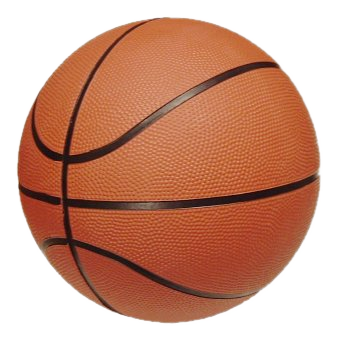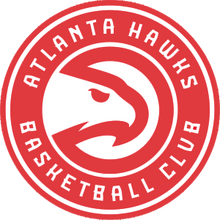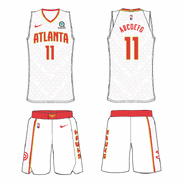| Atlanta Hawks | ||||||||||||||||||||||||||||||||||||||||||||||||||||||||||||
| ||||||||||||||||||||||||||||||||||||||||||||||||||||||||||||
| ||||||||||||||||||||||||||||||||||||||||||||||||||||||||||||
The Atlanta Hawks are an American professional basketball franchise based in Atlanta, Georgia. The Hawks are part of the Southeast Division of the Eastern Conference in the National Basketball Association (NBA). The Hawks are currently coached by Mike Budenholzer.
Franchise history
The first years
Original Tri-Cities Blackhawks logo
The franchise was formed in 1946 as the National Basketball League's Buffalo Bisons. The Bisons featured center Don Otten and coach Nat Hickey, but on December 27, 1946—only thirteen games into their inaugural season—owner Ben Kerner moved the team to Moline, Illinois (See Buffalo Memorial Auditorium) and renamed the Tri-Cities Blackhawks in the Quad Cities area. The Tri-Cities were Moline, Rock Island, IL, and Davenport, IA.[1] The Tri-Cities Blackhawks were named after the Black Hawk War that was mostly fought in Illinois. The Blackhawks became one of the National Basketball Association's 17 original teams after a merger in 1949 of the 12-year-old NBL and the four-year-old Basketball Association of America. The Blackhawks reached the playoffs in the NBA's inaugural year, under the leadership of coach Red Auerbach. However, the following season, after the team drafted Bob Cousy and made the blunder of trading his rights to the Chicago Stags (who would later surrender him in a dispersal draft to the Boston Celtics after they folded), they failed to qualify for the postseason. In 1951, the franchise relocated to Milwaukee, and became the Milwaukee Hawks. In 1953, the Hawks drafted Bob Pettit, a future NBA MVP. Despite this, the Hawks were one of the league's worst teams, and in 1955 the Hawks moved yet again, this time to St. Louis, MO.
In 1957, the team advanced to the 1957 NBA Finals, losing to the Boston Celtics in a double-overtime thriller in game seven. In 1958, the Hawks again advanced to the NBA Finals under coach Alex Hannum and captured their only NBA Championship in game 6 against the Celtics.
The Hawks remained one of the NBA's premier teams for the next decade. In 1960, under coach Ed Macauley, the team advanced to the Finals yet again, but lost—again to the Celtics—in yet another game seven thriller. The following year, with the acquisition of rookie Lenny Wilkens, the Hawks repeated their success, but met the Celtics in the Finals again and lost in five games.
1960s Hawks logo
Relocation to Atlanta
The next few years the Hawks remained contenders, every year advancing deep into the playoffs and also capturing several division titles. Despite the success, Kerner became wary of the now-aging 10,000-seat Kiel Auditorium. The Hawks occasionally played at the St. Louis Arena (mostly against popular opponents), but Kerner was not willing to move the team there full-time because it hadn't been well-maintained since the 1940s. Kerner wanted a new arena to increase revenue. However, he was rebuffed by the city on several occasions. In 1968, the team was sold to Atlanta real estate developer Tom Cousins and Georgia Governor Carl Sanders and moved to Atlanta, Georgia. While a new arena was being constructed, the team spent its first four seasons playing in Georgia Tech's Alexander Memorial Coliseum. Cousins' firm soon developed the Omni Coliseum, a 16,500-seat, state-of-the-art downtown Atlanta arena, for the Hawks and the expansion Atlanta Flames hockey franchise, which opened in 1972 as the first phase of a massive sports, office, hotel and retail complex, most of which is now the CNN Center.
Logo from when the Hawks first arrived in Atlanta
The years after the move showcased a talented Hawks team, including Pete Maravich, and Lou Hudson. However, after this period of success, the Hawks experienced years of rebuilding. The rebuilding process appeared to be the right direction when they ended up with the 1st and 3rd picks overall in the 1975 NBA Draft. However, it took a turn for the worse when draft picks David Thompson and Marvin Webster both signed on with ABA franchises.
Logo during the early 1970s
In 1976 Atlanta Braves owner Ted Turner bought the team and hired Hubie Brown to become head coach. In 1980, the Hawks finished with 50 wins and won the Central Division. In 1982, the franchise acquired superstar Dominique Wilkins and promoted Mike Fratello to head coach a year later. Due to sagging attendance, 12 home games during the 1984–85 season were played at the Lakefront Arena in New Orleans, Louisiana.[2] The New Orleans games were paid for by Barry Mendelson for $1.2 million with the Hawks going 6–6 in Louisiana.[2]
From 1985–89, the Hawks were among the league's elite, winning 50 games or more each season. However, the team could not advance past the semifinals of the Eastern Conference playoffs, losing to eventual Eastern conference and/or NBA champions in Boston and Detroit. After several seasons of mediocrity, Lenny Wilkens was hired as head coach in 1993. In the 1993–94 season, coach Wilkens led the team to 57 victories, tying a team record. However, the team fell short again in the playoffs, losing to the Indiana Pacers in the Eastern semis in six games. The season was also marred with the trading of Dominique Wilkins, who remains the franchise all-time leading scorer, for Danny Manning, who quickly left via free agency to Phoenix after the season ended. In 1995, coach Wilkens broke the record (previously held by coach Red Auerbach) for most victories by an NBA head coach with victory number 939. Despite a couple of 50+ win seasons afterward, the Hawks were quickly ousted from the playoffs on both occasions, which led to further apathy by local fans who quickly grew accustomed to Hawk failures in the playoffs.
Steve Smith was one of the Hawks' cornerstone players during the mid-to-late 1990s, helping lead Atlanta to three Conference Semi-Finals appearances
"Pac-Man" Hawks logo (1972–1995)
In 1999, the Hawks traded Steve Smith to Portland for Isaiah Rider and Jim Jackson. Smith had been one of the Hawks' most popular players during the 1990s and had recently been awarded the J. Walter Kennedy Citizenship Award for his charitable endeavors. By contrast, Rider had a history of behavioral problems both on and off the court. Rider's troubled conduct continued after his arrival in Atlanta. Rider missed the first day of training camp and was late for two games. After reports that he smoked marijuana in an Orlando hotel room during a January road trip, the league demanded that he attend drug counseling, and fined him a total of $200,000 until he agreed to go. When he showed up late for a March game, the Hawks released him. [1]. The Hawks later traded Jackson away the following season. The Smith/Rider trade sent the Hawks into a downward spiral; they would not return to the playoffs for nine years.
In 2001, the Hawks drafted Spanish star Pau Gasol 3rd , but his rights were ceded to the Memphis Grizzlies in a trade involving Shareef Abdur-Rahim. In February 2004, the Hawks had the distinction of having NBA All-Star Rasheed Wallace play one game for the team. Wallace was traded from Portland to the Hawks along with Wesley Person for Shareef Abdur-Rahim, Theo Ratliff, and Dan Dickau.[3] In his lone game for the Hawks, Wallace scored 20 points, had 6 rebounds, 5 blocks, 2 assists and a steal in a loss to the New Jersey Nets.[4] After the game he was dealt to the Detroit Pistons in a three-way trade with the Boston Celtics. In turn, Detroit sent guard Bobby Sura, center Zeljko Rebraca, and a first-round draft pick to the Hawks. The Boston Celtics also sent forward Chris Mills to Atlanta to complete the deal.[5]
In March 2004, the team was sold to a group of executives by the name of Atlanta Spirit LLC [2] by Time Warner (who inherited the Hawks and Braves upon its merger with Turner Broadcasting in 1996), along with the Atlanta Thrashers pro ice hockey team, with which the Hawks share the Philips Arena, which replaced the Omni. After the change in ownership, though, the Hawks still struggled. In the 2004–05 season, the Hawks gained the notorious reputation of the league's worst team with a mere 13 victories (five less than even the expansion Charlotte Bobcats and the struggling New Orleans Hornets). Despite their league-worst record though, the Hawks only landed the number two pick in the 2005 NBA Draft (the first pick went to the Milwaukee Bucks). With the second pick in the 2005 NBA Draft, the Atlanta Hawks selected Marvin Williams of the University of North Carolina. The previous year, the Hawks drafted Josh Childress and Josh Smith from the 2004 Draft and Salim Stoudamire in the second round of the 2005 Draft. In the 2006 Draft, the Hawks selected former Duke star Shelden Williams with the fifth overall pick.
However, despite the recent influx of talent acquired in the draft, they still hold the longest drought of not drafting an All-Star or Pro Bowl player in North American pro sports (23 years), going back to their 1984 selection of Kevin Willis.
In the summer of 2005, the Hawks completed a sign-trade deal with the Phoenix Suns that landed Atlanta Joe Johnson in return for Boris Diaw and two future 1st round picks. They also signed Zaza Pachulia from the Milwaukee Bucks. These changes occurred after an apparent power struggle between the owners for nearly three weeks before the moves were made. [3]. Unfortunately, while the power struggle over Johnson has been resolved, the ownership situation remains in flux, with litigation still ongoing.
Hawks logo from 1995 to 2007.
When the Golden State Warriors qualified for the 2007 NBA Playoffs, the Hawks acquired the dubious distinction of being the NBA team that had gone the most consecutive seasons without a playoff appearance. (Eight in a row, see Active NBA non-playoff appearance streaks). They also held the dubious distinctions of most consecutive 50-loss seasons (four) and the having the 2nd longest run (behind the Rochester/Cincinnati/Kansas City/Sacramento Kings) of not winning an NBA title (49 years). All of the franchise's NBA Finals appearances and lone NBA championship took place over 40 years ago when the team resided in St. Louis. Meanwhile, they have yet to advance beyond the second round of any playoff format in their entire Atlanta existence, which now spans 39 seasons.
Hawks alternate logo from 2007.
Signs of Hope
However, hope and redemption appeared to be on the horizon for the Hawks in 2007. With the third pick of the NBA draft, they selected Al Horford from the Florida Gators. They also acquired, from the Indiana Pacers, the 11th pick of the draft, which they used to select Acie Law IV from Texas A&M University.
The season started brightly as they won the season opener against the Dallas Mavericks 101–94, sending hope to Hawks fans. In addition, the last time they won a season opener was 1998, the last time the franchise made the playoffs.
But once again, the Hawks organization made dubious headlines when the NBA granted the first appeal of a protested game in 25 years on January 11, 2008. The Miami Heat protested a scoring error during the clubs' December 19, 2007 contest. Due to a communications error, the Hawks official scorer had erroneously assessed a sixth foul on Heat center Shaquille O'Neal with 51.9 seconds remaining in overtime, disqualifying him from the game. The Hawks, who had won that game by a 117–111 margin, were stripped of the victory. On March 8, 2008, both teams replayed the final 51.9 seconds of the game as the Hawks won 114–111. The replay was held a few weeks after O'Neal had been traded to the Phoenix Suns from the Miami Heat. Atlanta also won the regular season game. For the 2007–08 season, the Atlanta Hawks changed their colors and uniforms to navy blue, red and white, which marks the first time since their days in St. Louis that they wore those colors.
The Hawks' mascot, Harry the Hawk, during a game in 2008.
On February 16, 2008 Atlanta acquired guard Mike Bibby from the Sacramento Kings in exchange for Anthony Johnson, Tyronn Lue, Shelden Williams, Lorenzen Wright and a 2008 second round draft pick.
On April 14, 2008, despite having a 37–45 record, the Hawks clinched their first playoff berth since the 1998–99 season, and in the first round surprised the favored Boston Celtics, the #1 seed in the Eastern Conference and eventual NBA champion, by pushing the series to seven games. The Hawks won all three games in Philips Arena before falling in Boston 99–65 in game seven.
On May 7, 2008 Billy Knight resigned as general manager being effective July 1, 2008. Knight said it was time to "take a break" following a season when his authority appeared to be weakened by unsuccessful lobbying with owners to fire coach Mike Woodson.
On March 23, 2009, the Hawks earned its first winning season since the 1998–99 season with a win over the Minnesota Timberwolves. They clinched a playoff berth for the second straight year as well as earning home-court advantage for the 1st round of the playoffs against the Miami Heat. They defeated the Miami Heat in seven games and will take on the Cavs in the conference semifinals.
Season-by-season records
<templatestyles src="Module:Hatnote/styles.css"></templatestyles>
Home arenas
- Buffalo Memorial Auditorium 1946
- Wharton Field House 1946–51
- Milwaukee Arena 1951–55
- Kiel Auditorium 1955–68 (Occasionally used the St. Louis Arena)
- Alexander Memorial Coliseum 1968–72 and 1997–99
- Omni Coliseum 1972–97
- Georgia Dome 1997–99 (some games were played at Georgia Tech's Alexander Memorial Coliseum; both venues were due to the demolition of the Omni and the construction of the new arena on the same site)
- Philips Arena 1999–present
Uniforms
These are the Atlanta Hawks uniforms worn since the 2007–08 season.
Players
<templatestyles src="Module:Hatnote/styles.css"></templatestyles>
Basketball Hall of Famers
|
|
Hagan, Pettit, Macauley, Lenny Wilkens, and Bob Ferry, all of whom played for the Hawks in St. Louis, have been inducted into the Missouri Sports Hall of Fame.
Retired numbers
- 9 Bob Pettit, F, 1954–65
- 21 Dominique Wilkins, F, 1982–94
- 23 Lou Hudson, F-G, 1966–77
- 44 Pete Maravich, G, 1970–74
- 55 Dikembe Mutombo, C, 1996–01
Slogans
- 2007 – Rise Up
- 2008 – Shock the World
- 2009 – Now You Know
Current roster
| Atlanta Hawks roster | |||||||
|---|---|---|---|---|---|---|---|
| Players | Coaches | ||||||
| Pos | No. | Player | Age | Height | Weight | From | Head coach |
| PF / C | 6 | 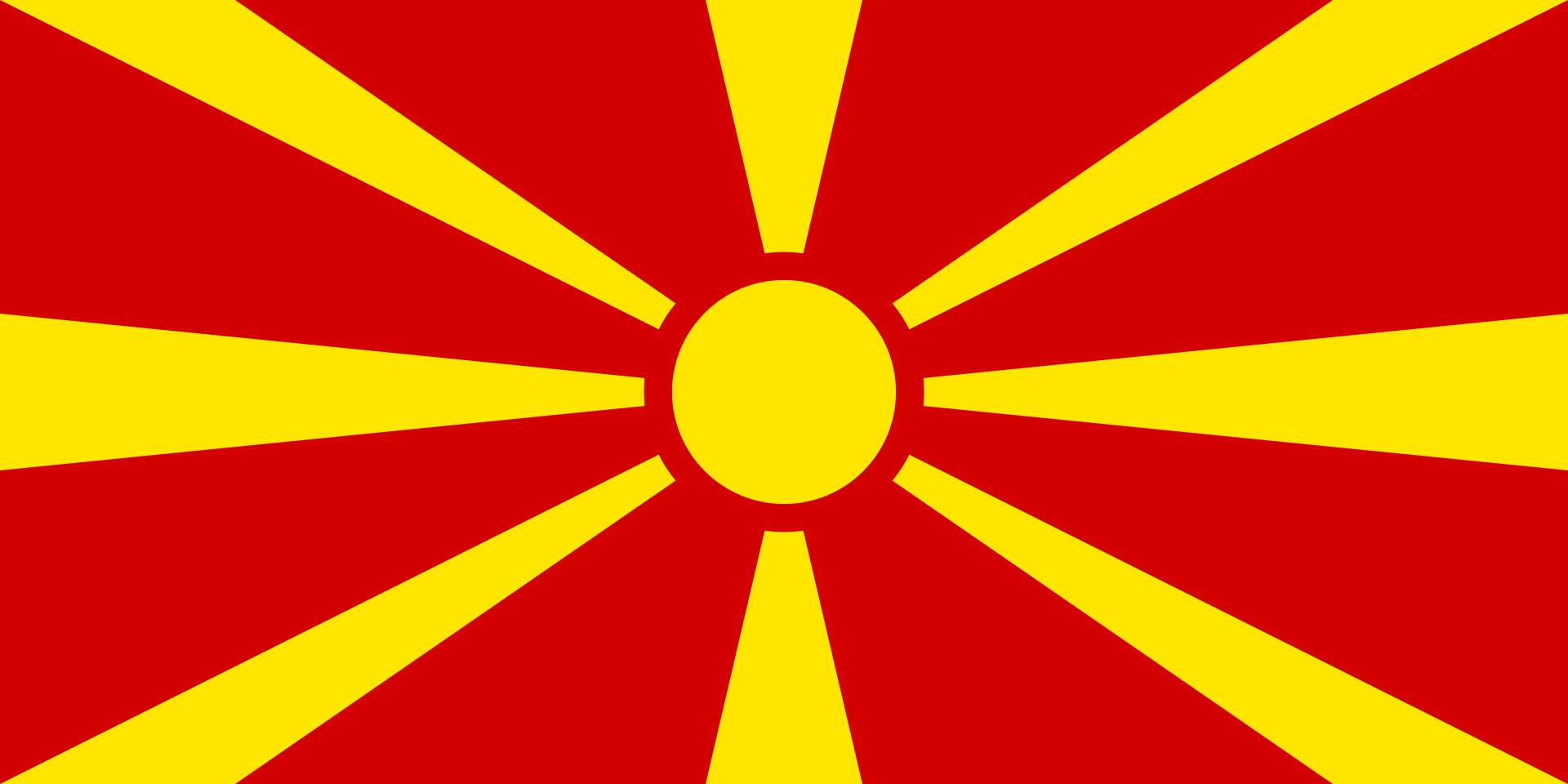 Pero Antic Pero Antic
|
41 | 6 ft 11 in | 260 lbs | Macedonia | Mike Budenholzer |
| PF / C | 14 | 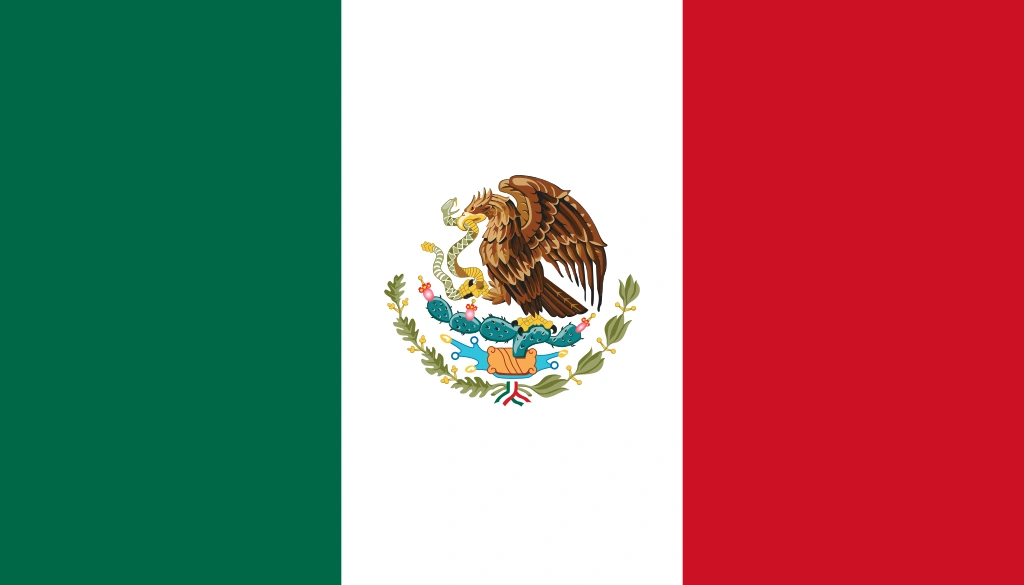 Gustavo Ayon Gustavo Ayon
|
39 | 6 ft 10 in | 250 lbs | Mexico | Assistant coaches |
| PF / C | 42 | 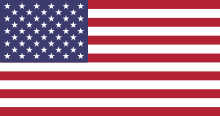 Elton Brand Elton Brand
|
45 | 6 ft 9 in | 254 lbs | Duke | Quin Snyder |
| F | 5 |  DeMarre Carroll DeMarre Carroll
|
37 | 6 ft 8 in | 212 lbs | Missouri | Taylor Jenkins |
| G | 7 |  Jared Cunningham Jared Cunningham
|
32 | 6 ft 4 in | 195 lbs | Oregon State | Darvin Ham |
| C/PF | 15 | 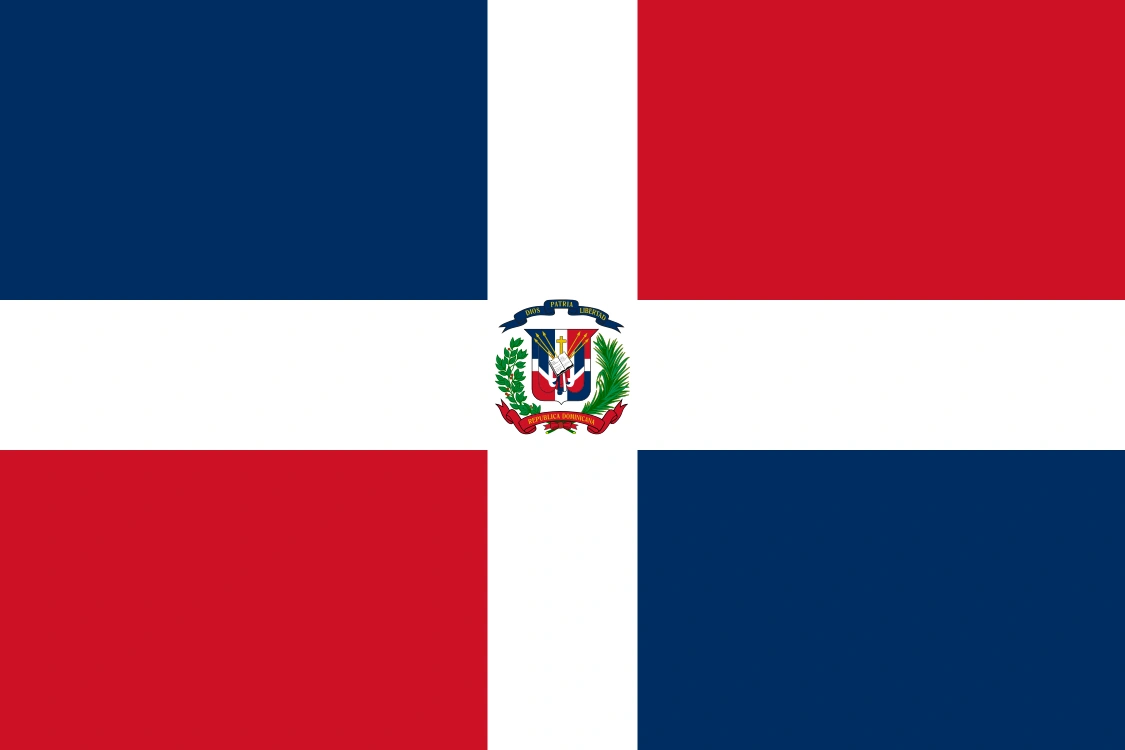 Al Horford Al Horford
|
37 | 6 ft 10 in | 250 lbs | Florida | |
| SG | 12 |  John Jenkins John Jenkins
|
33 | 6 ft 4 in | 215 lbs | Vanderbilt | |
| SF / SG | 26 |  Kyle Korver Kyle Korver
|
43 | 6 ft 7 in | 212 lbs | Creighton | |
| PG / SG | 8 |  Shelvin Mack Shelvin Mack
|
33 | 6 ft 3 in | 215 lbs | Butler | |
| SF / SG | 20 |  Cartier Martin Cartier Martin
|
39 | 6 ft 7 in | 220 lbs | Kansas State | |
| PF | 4 |  Paul Millsap Paul Millsap
|
39 | 6 ft 8 in | 253 lbs | Louisiana Tech | |
| PG | 17 | 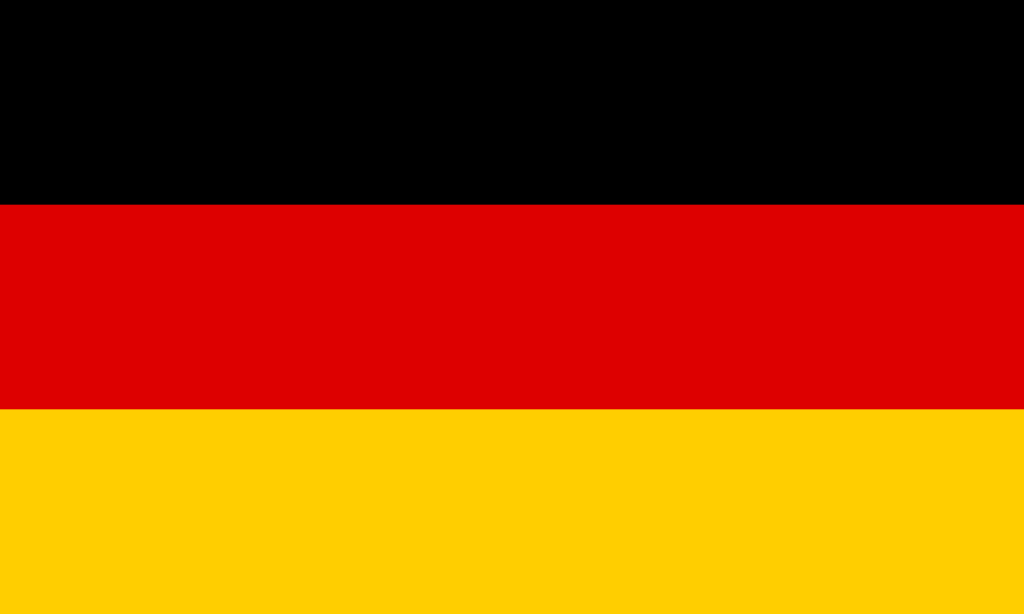 Dennis Schröder Dennis Schröder
|
30 | 6 ft 1 in | 168 lbs | Germany | |
| PF | 32 |  Mike Scott Mike Scott
|
35 | 6 ft 8 in | 237 lbs | Virginia | |
| PG | 0 |  Jeff Teague Jeff Teague
|
35 | 6 ft 2 in | 181 lbs | Wake Forest | |
| PG / SG | 3 |  Louis Williams Louis Williams
|
37 | 6 ft 1 in | 175 lbs | South Gwinnett HS (GA) | |
Depth chart
Template:Atlanta Hawks depth chart
Coaches
<templatestyles src="Module:Hatnote/styles.css"></templatestyles>
|
|
Individual awards
Template:Columns-start All-time Leading scorer
NBA MVP of the Year
- Bob Pettit – 1956, 1959
NBA Defensive Player of the Year
- Dikembe Mutombo – 1997, 1998
- Bob Pettit – 1955
NBA Most Improved Player of the Year
- Alan Henderson – 1998
- Harry Gallatin – 1963
- Richie Guerin – 1968
- Hubie Brown – 1978
- Mike Fratello – 1986
- Lenny Wilkens – 1994
NBA Executive of the Year
- Stan Kasten – 1986, 1987
Template:Column All-NBA First Team
- Bob Pettit – 1955, 1956, 1957, 1958, 1959, 1960, 1961, 1962, 1963, 1964
- Dominique Wilkins – 1986
All-NBA Second Team
- Frank Brian – 1951
- Slater Martin – 1957, 1958, 1959
- Cliff Hagan – 1958, 1959
- Bob Pettit – 1965
- Lou Hudson – 1970
- Pete Maravich – 1973
- Dan Roundfield – 1980
- Dominique Wilkins – 1987, 1988, 1991, 1993
- Dikembe Mutombo – 2001
All-NBA Third Team
- Dominique Wilkins – 1989
- Kevin Willis – 1992
- Dikembe Mutombo – 1998
Template:Column NBA All-Defensive First Team
- Dan Roundfield – 1980, 1982, 1983
- Wayne Rollins – 1984
- Mookie Blaylock – 1994, 1995
- Dikembe Mutombo – 1997, 1998
NBA All-Defensive Second Team
- Bill Bridges – 1969, 1970
- Joe Caldwell – 1970
- "Fast Eddie" Johnson – 1979, 1980
- Dan Roundfield – 1981, 1984
- Wayne Rollins – 1983
- Mookie Blaylock – 1996, 1997, 1998, 1999
- Dikembe Mutombo – 1999
NBA Rookie First Team
- Zelmo Beaty – 1963
- Lou Hudson – 1968
- Pete Maravich – 1971
- John Brown – 1974
- John Drew – 1975
- Dominique Wilkins – 1983
- Stacey Augmon – 1992
- Al Horford – 2008
NBA Rookie Second Team
- Jason Terry – 2000
- Josh Childress – 2005
- Josh Smith – 2005
- Marvin Williams – 2006
Template:Columns-end
References
- ↑ "A Franchise Rich With Tradition: From Pettit To "Pistol Pete" To The "Human Highlight Film"". NBA.com. http://www.nba.com/hawks/history/00400483.html. Retrieved 2008-02-28.
- ↑ 2.0 2.1 Finney, Peter (January 8, 2003). "Larry Legend had 60 on Boston's '85 visit". The Times-Picayune: p. C1.
- ↑ "Blazers trade Wallace to Hawks". CBC.ca. 2004-02-11. http://www.cbc.ca/sports/story/2004/02/10/hawks-trailblazers040209.html. Retrieved 2008-02-21.
- ↑ "Atlanta at New Jersey". NBA.com. 2004-02-18. http://www.nba.com/games/20040218/ATLNJN/boxscore.html. Retrieved 2008-02-21.
- ↑ "Wallace lands in Detroit in three-team deal". ESPN.com. 2004-02-20. http://sports.espn.go.com/nba/news/story?id=1739128. Retrieved 2008-02-21.
External links
- Template:NBATeam
- Atlanta Hawks at the New Georgia Encyclopedia
- Atlanta Hawks Blog
| Preceded by Boston Celtics 1957 |
NBA Champions St. Louis Hawks 1958 |
Succeeded by Boston Celtics 1959 & 1960 & 1961 & 1962 & 1963 & 1964 & 1965 & 1966 |
